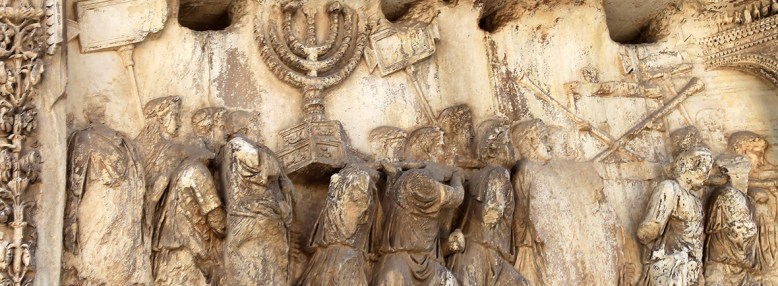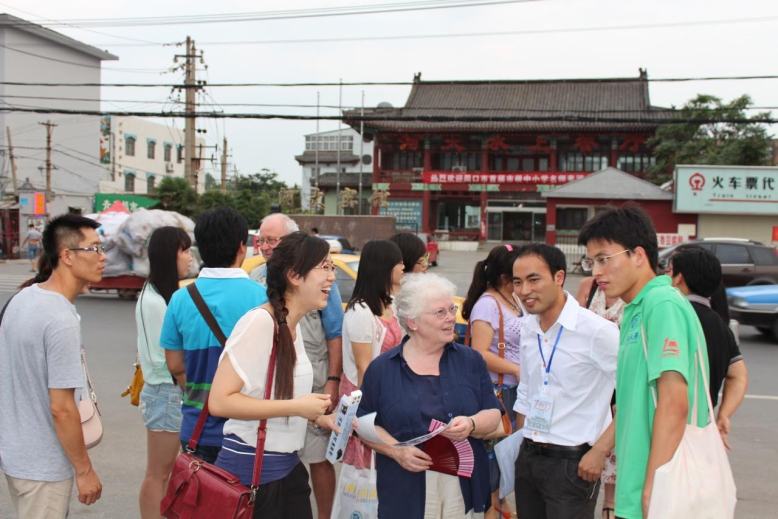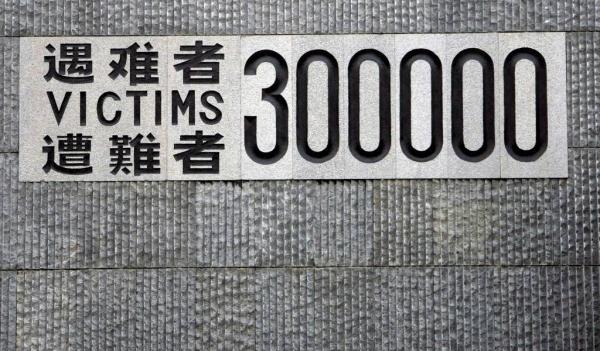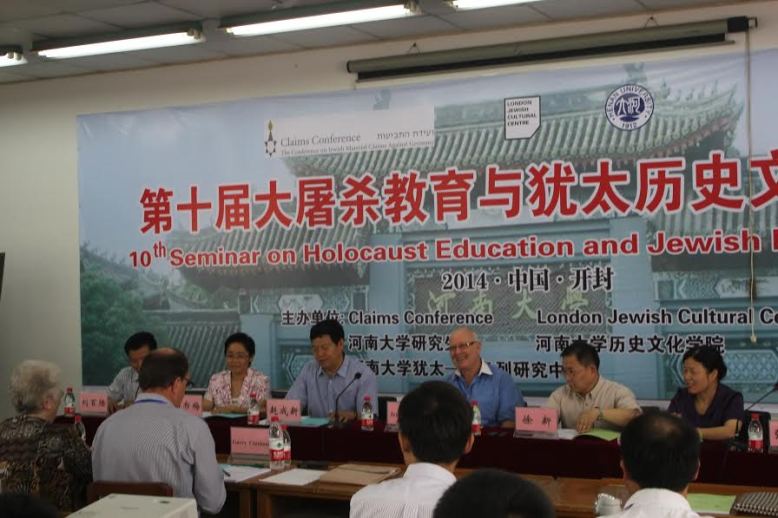Over two weeks in July 2018, the Centre for Judaic and Inter-Religious Studies at Shandong University in Jinan, China, held a summer school on the Holocaust and Jewish Studies. The first part, held over 15– 20 July, was co-sponsored and co-organised with the International Centre for Jewish Studies in London.
ICJS was founded in 2015 in part to continue the work undertaken by the former London Jewish Cultural Centre (LJCC) to provide Holocaust and Jewish education in China and other parts of Asia, as well as in Eastern Europe. The LJCC had a long history of offering summer schools on the Holocaust and Jewish history at Chinese universities, starting from at least 2006. There were led initially by Jerry Gotel ז״ל, Joanna Millan and Trudy Gold, and later joined also by Glenn Timmermans from the University of Macau.
As in previous years, the seminar sought to introduce those students new to the subject with a basic knowledge of the Holocaust, but also its context within Jewish history while at the same time offering more advanced teaching for students already studying at one the ever-increasing centres for Jewish Studies in China.
This year – in addition to classes taught by Joanna Millan, Trudy Gold and Glenn Timmermans – Wolfgang Kaiser, from the Wannsee House in Berlin, who had taught at some previous seminars, was able to join again. For the first time, Professor Gideon Reuveni, Director of the Centre for German-Jewish Studies at the University of Sussex, featured, providing a number of lectures on Germany before the War. He was very warmly received by students and teachers alike and it is to be hoped that both he and the Centre for German-Jewish Studies, will be able to play a greater role in these summer schools in the years ahead.
Over the first week of the seminar, students were taught about the long history of anti-Semitism, its origins in early Christian society, the rise of a Jewish presence in Europe and events leading up to the First World War, the rise of Hitler and the Shoah itself. Additional seminars on Jewish costume and Jewish literature were also held. Joanna Millan, a survivor of Theresienstadt, spoke about her struggle to trace the story of her family after the war and students were profoundly moved to meet and engage with her.
Regular participants in this programme were struck by the continued improvement of students’ language level; in earlier years a translator provided consecutive interpretation to the audience, but now all could manage with a high degree of English complexity. Similarly, subject knowledge among students was already very high and this allowed stimulating discussion during and after class, over the lunch table and in tea breaks. The vast majority of the eighty students participating were studying for MA and PhD degrees in the wider area of Jewish Studies while some were still looking for a subject to pursue. As in previous years, they came from all over China, itself an endorsement of the programme’s reputation in China.
During the second week of the seminar various Chinese professors in Jewish Studies – history, religion, philosophy, literature – held classes and lectures and these were all conducted in Chinese. The eighty students stayed throughout and feedback on the whole programme was overwhelmingly positive.
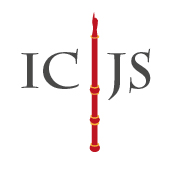







 Jerold ‘Jerry’ Gotel, who died in London in October, was a pioneering Jewish educator and historian, who, among other things, helped to return Jewish learning and Jewish culture to the place of its destruction in eastern Europe, and almost single-handedly created Jewish studies in China.
Jerold ‘Jerry’ Gotel, who died in London in October, was a pioneering Jewish educator and historian, who, among other things, helped to return Jewish learning and Jewish culture to the place of its destruction in eastern Europe, and almost single-handedly created Jewish studies in China.
